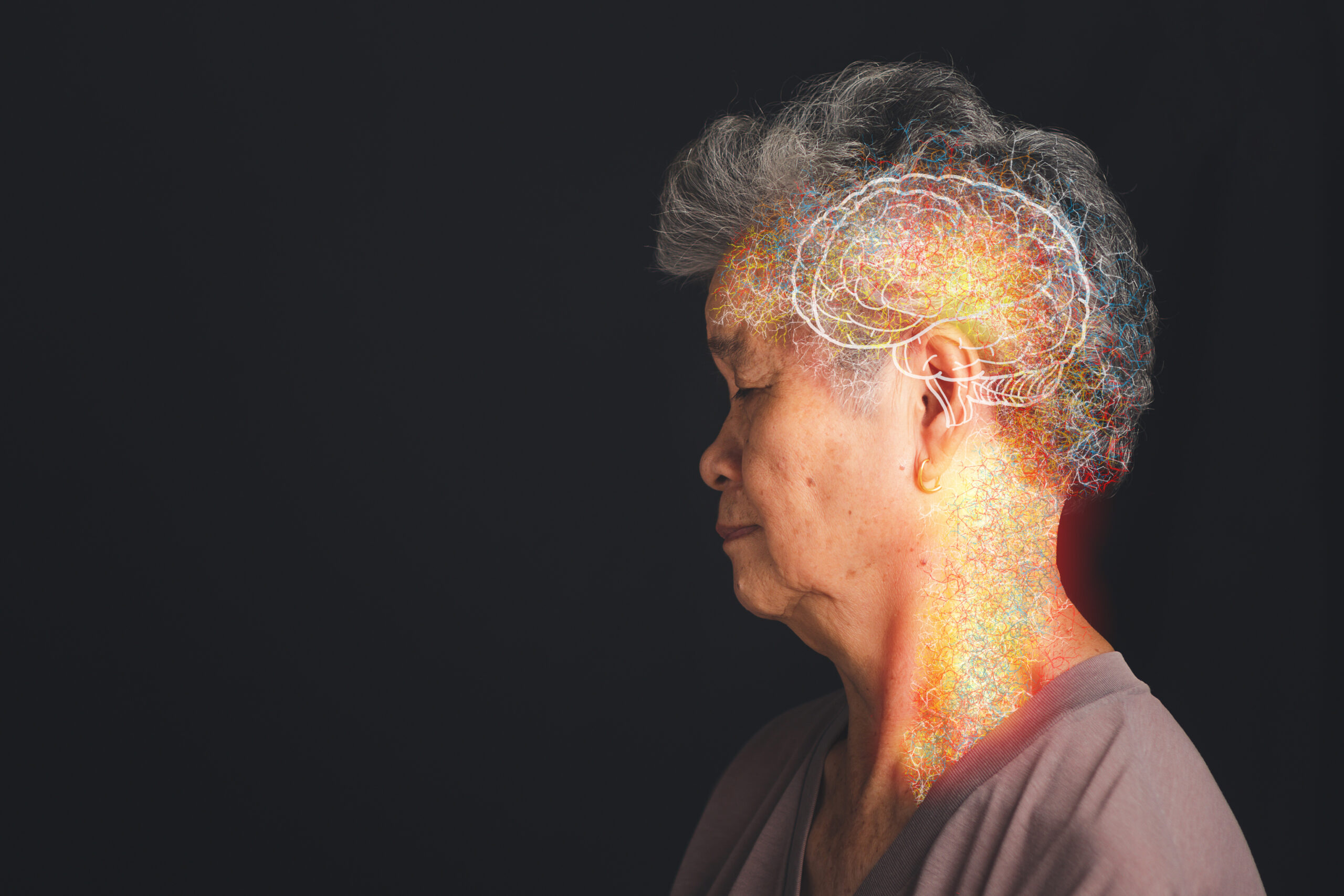The Role of Spiritual Care in Advanced Dementia
The Role of Spiritual Care in Advanced Dementia
Spiritual care plays a vital role in supporting individuals with advanced dementia, offering comfort and meaning during a challenging time. It is essential to understand how spiritual beliefs and practices can be integrated into care to enhance the well-being of those affected.
### Understanding Spiritual Needs
People with dementia often find solace in their spiritual beliefs or faith practices. These can include activities like prayer, meditation, or participating in religious rituals. Supporting individuals in expressing these beliefs can provide significant comfort and peace. For instance, if a person with dementia finds peace in prayer, caregivers should facilitate this practice by creating a quiet space for reflection or by praying with them.
### Addressing Grief and Loss
In advanced dementia, individuals may experience grief and loss, especially if they have recently lost a loved one or are adjusting to significant life changes. Spiritual care can help address these feelings by providing a framework for understanding and coping with loss. Caregivers can support individuals by acknowledging their emotions and encouraging them to express their feelings through spiritual practices.
### Challenges in Providing Spiritual Care
Providing spiritual care in dementia can be challenging, particularly because individuals may struggle to articulate their needs or feelings. Caregivers must be sensitive to these challenges and look for non-verbal cues, such as changes in mood or behavior, which may indicate underlying spiritual distress. Involving healthcare chaplains or spiritual advisors can be beneficial in addressing these complex needs.
### Importance of Multidisciplinary Support
Effective spiritual care in advanced dementia requires a multidisciplinary approach. This involves collaboration between healthcare professionals, chaplains, and family members to ensure that the individual’s spiritual needs are met. Training caregivers to recognize and address spiritual distress is crucial for providing holistic care.
### Conclusion
Spiritual care is an integral part of supporting individuals with advanced dementia, offering a sense of purpose and comfort during difficult times. By understanding and addressing spiritual needs, caregivers can enhance the quality of life for those affected, ensuring that their care is compassionate, comprehensive, and meaningful.





